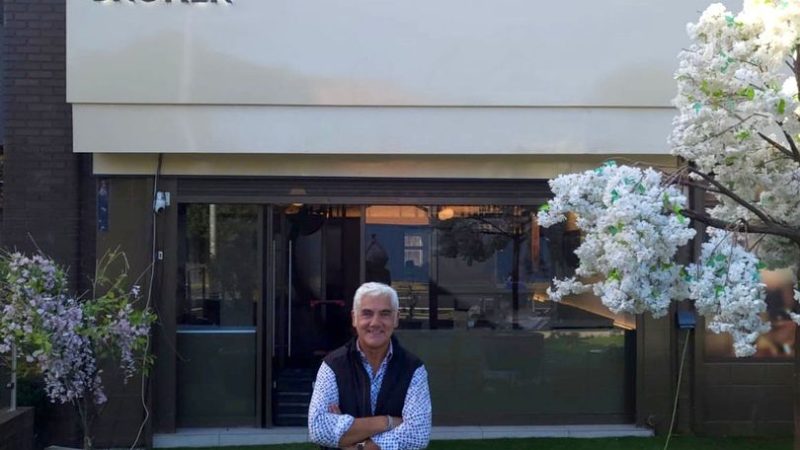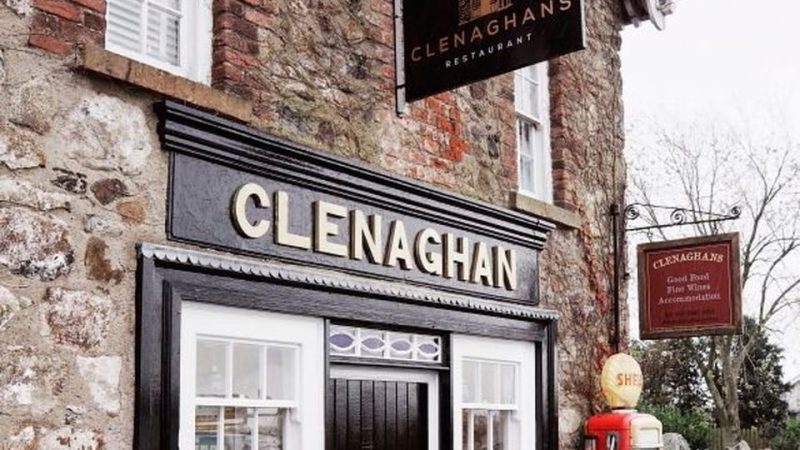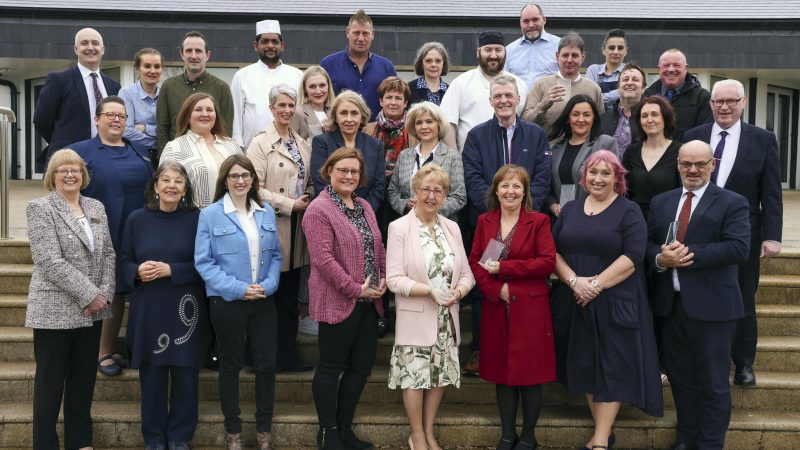Alarm as key report fuels recruitment fears

Fears that Brexit will only exacerbate the widening skills gap in NI’s vital hospitality sector are mounting following the publication this month of a report by the Migration Advisory Committee (MAC) which recommends continued limits on access rights for those seeking work in lower-skilled professions.
With vacancies in hospitality and tourism likely to top 30,000 across Northern Ireland by 2024, the long-awaited MAC report will do little to quell the sector’s rapidly escalating concerns around how current and future skills needs here will be met.
Speaking to LCN this month, leading Belfast restaurateur, Niall McKenna – who recently unveiled the results of a substantial capital investment at his flagship James Street eatery- confirmed that “virtually all” his foreign staff had departed: “We’re finding it very tough,” he added.
And Sean Owens, the highly-regarded director of the IFEX Salon Culinaire event and a well-known figure in hospitality training circles, cautioned that the full impact of Brexit on recruitment to the sector has yet to be felt. Warning that it was likely to be “a showstopper” for the sector, he told this magazine:
“No-one knows the implications of this. Things are fairly good at the minute, you can see that on the Belfast skyline, but my own view is that there is a juggernaut waiting for us when we realise that our supply of so-called foreign workers is no longer available to us.”
Sean said that he felt the current problems around recruitment to the sector in NI may well reach “epidemic” proportions following the UK’s withdrawal from the EU in March next year.
Currently, one-in-five of the workforce in hospitality and tourism here is drawn from the pool of migrant labour, but demand for skilled workers is soaring. It is estimated that six years from now, there may be as many as 2000 vacancies here for chefs alone.
Colin Neill, chief executive of sector trade body, Hospitality Ulster, said that he found the MAC report made “stark reading”.
In its report, the committee said that it was “not convinced there needs to be a work route for low-skilled workers” from the EU to fill jobs in industries such as catering or hospitality”, but Mr Neill said that it was clear that based on current forecasts, the needs of the sector could never be met if it was forced to rely primarily on the indigenous population:
“The hospitality sector is now a key driver of the NI economy and it has the ability to grow further, but that won’t be the case if we can’t fill the vacancies that arise as a result of that growth,” warned Mr Neill.
“Having access to an experienced workforce, many of whom have extensive language skills to work in customer facing roles, is absolutely essential.”
He also indicated that despite the MAC report, Hospitality Ulster would be keeping up the pressure on the UK government to widen its skills definition:
“An experienced barperson who can speak multiple languages is a skilled worker and has a valuable role to play in the NI economy,” insisted Mr Neill.







